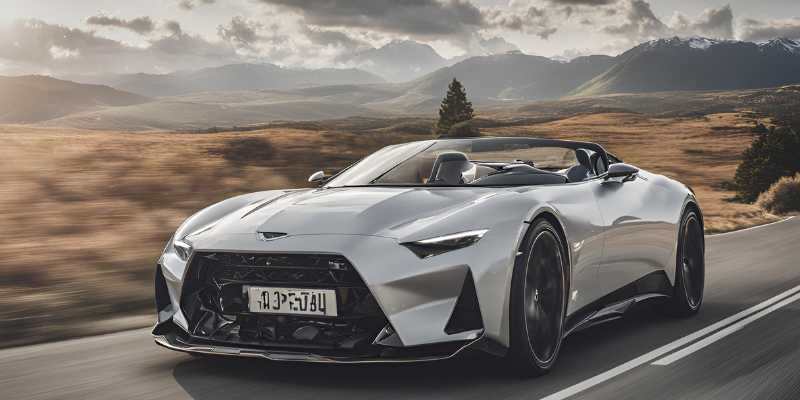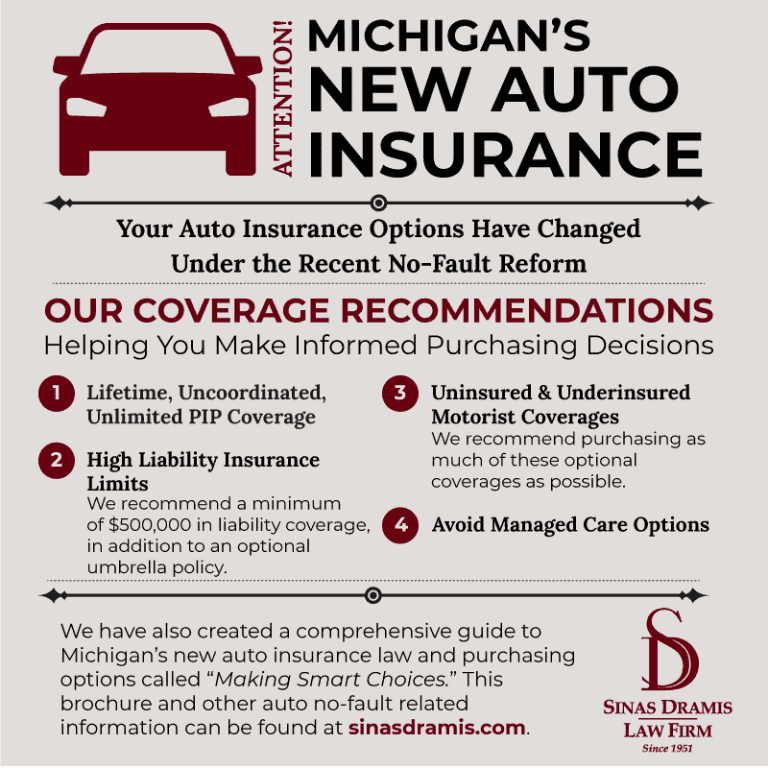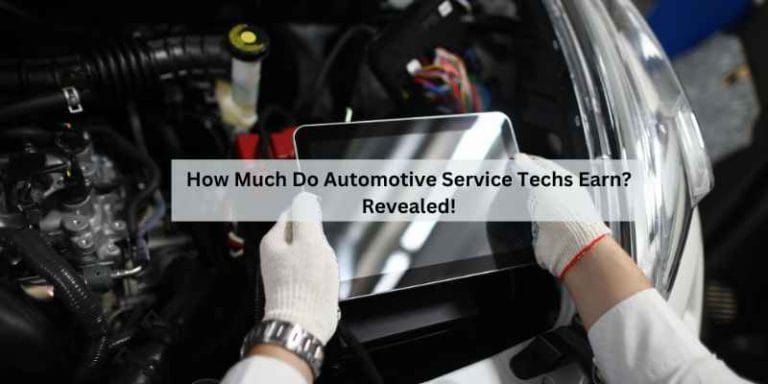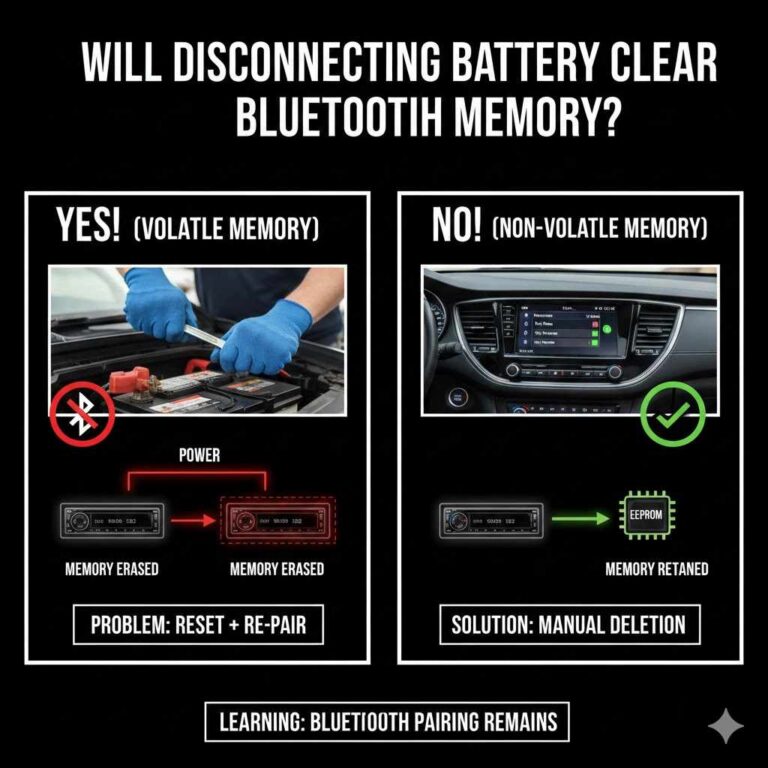How Much are Cars: The Ultimate Guide to Car Prices in 2026
Cars come in various price ranges. The cost depends on many factors.
So, how much are cars? Understanding car prices can be tricky. Different types, brands, and features affect the cost. New cars are usually more expensive than used ones. Luxury brands cost more than economy models. Additional features also raise prices.
This blog will help you understand the different price ranges. We’ll look at what affects car prices. This will guide you in making a wise purchase. Ready to learn more? Let’s dive in!
Introduction To Car Prices In 2025
Car prices in 2025 are changing fast. Electric cars are more popular. They cost more than gas cars. People want cars with new technology. This makes prices go up. Supply and demand affect prices too. Fewer cars mean higher prices. More cars mean lower prices.
Many things affect car prices. Economy is one big factor. If the economy is good, prices go up. If the economy is bad, prices go down. Fuel prices also matter. Higher fuel prices can make car prices go up. Materials used in cars affect prices too. If materials are expensive, cars cost more. Government rules can change prices. New rules for safety or emissions can make cars more costly.

Credit: www.reddit.com
Electric Vs. Gasoline Cars
Electric cars cost more to buy. Gasoline cars are cheaper. Electric cars have lower running costs. Gasoline cars need more fuel. Electric cars need less maintenance. Gasoline cars need more repairs. In the end, electric cars save money.
Electric cars save money over time. They use less energy. They need fewer repairs. They do not need oil changes. Gasoline cars cost more to keep running. They need fuel often. They need frequent maintenance. Electric cars are better for your wallet long-term.
Impact Of Technology On Car Prices
Autonomous driving features can make cars more expensive. These features include self-driving systems. They use sensors and cameras to guide the car. Installing this tech costs a lot. Cars with these systems may have higher price tags. Maintenance of such systems can also add to costs.
Advanced safety systems make cars safer. They include features like automatic braking. Lane-keeping assistance is also part of it. These systems often use high-tech parts. This increases the car’s price. Upgrading to these safety features can be costly. But they offer better protection. Many buyers find them worth the extra cost.
Regional Price Variations
Car prices in North America vary a lot. United States has higher prices. Canada offers slightly lower prices. Mexico has the cheapest cars. Taxes and duties differ in each country. This affects the final cost.
In Europe, car prices depend on the country. Germany has high prices due to taxes. France offers moderate prices. Eastern Europe countries have cheaper cars. Currency exchange rates also play a role. This can make cars more or less expensive.
Asia has a wide range of car prices. Japan and South Korea have high costs. China offers many affordable options. India has some of the lowest prices. Local manufacturing helps keep costs down. Import taxes can increase prices in some regions.
New Vs. Used Car Prices
New cars lose value fast. The moment a new car leaves the dealership, it drops in value. This drop is called depreciation. After three years, a new car is worth about 60% of its original price. Used cars also depreciate, but at a slower rate. A car that is three years old has already faced the biggest drop in value. This makes used cars a good choice for saving money. Buying a used car means you avoid the steepest depreciation.
Certified Pre-Owned (CPO) cars are a great middle ground. These cars are used but in excellent condition. They go through inspections and come with warranties. CPO cars offer peace of mind. These cars cost more than regular used cars but less than new cars. So, you get the best of both worlds. Reliable cars at a lower price. Consider CPO cars for a good deal.
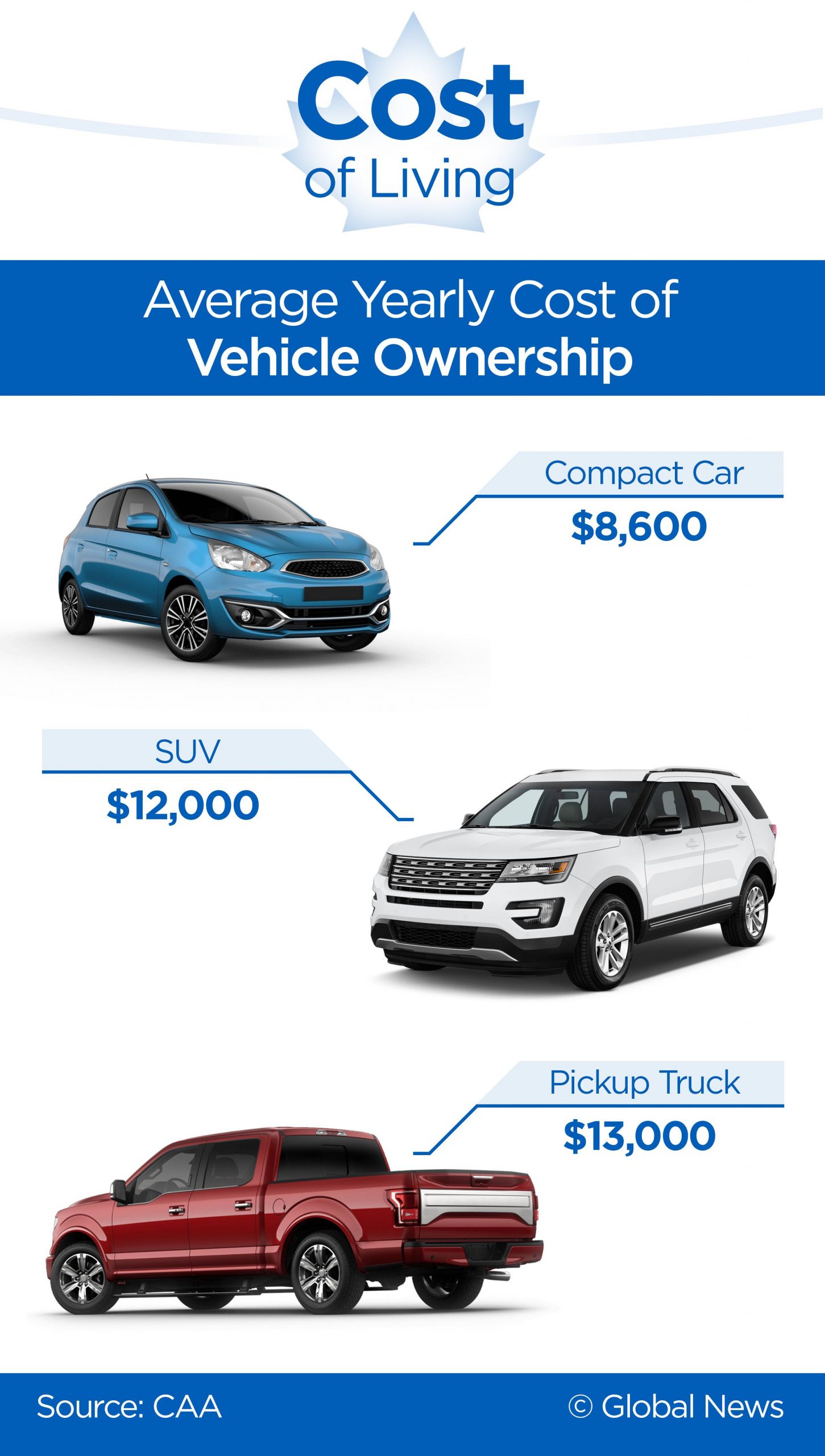
Credit: www.crsautomotive.com
Luxury Cars Vs. Economy Cars
Luxury cars cost more than economy cars. A typical luxury car can cost between $50,000 and $200,000 or more. Economy cars are cheaper. They usually cost between $15,000 and $30,000. These prices can change based on the model and features.
Some popular luxury car models include BMW 7 Series, Mercedes-Benz S-Class, and Audi A8. Popular economy car models include Toyota Corolla, Honda Civic, and Ford Focus. Each model has different features and prices. Choose the one that fits your budget and needs.
Financing And Leasing Options
Explore various financing and leasing options to make car ownership affordable. Understand how much cars cost and choose a plan that fits your budget.
Interest Rates
Interest rates on car loans can differ. Rates depend on your credit score. Better credit means lower rates. Some dealers offer special deals. Watch for zero or low interest offers. These might save you money. Always read the fine print. Some low rates come with conditions. Make sure you qualify. Compare rates from different lenders. This helps you find the best deal.
Lease Agreements
Leasing a car is different from buying. You pay to use the car. Monthly payments are often lower. Terms usually last two to three years. You must follow mileage limits. Extra miles can cost more. At the end, you return the car. You might have the option to buy it. Check lease agreements carefully. Understand all fees and conditions. Leasing can be a good choice for some. It depends on your needs.

Credit: hillsideautomotiverepair.com
Future Predictions For Car Prices
Experts say car prices may go up in the future. Many factors affect this. Supply and demand are big factors. Low supply can make prices rise. High demand also pushes prices up. Experts also look at the economy. A strong economy can mean higher prices. Weak economy might lower prices. Car makers may raise prices too. New tech and features cost more. These costs can be passed to buyers.
Disruptions can impact car prices. Natural disasters can hurt production. This can lower supply. Prices may rise as a result. Trade wars can also affect prices. Taxes on parts can make cars more expensive. New laws can change things too. Rules on emissions can raise costs. Higher costs may lead to higher prices. Electric cars are another factor. As they get popular, prices may change. Battery costs can impact these prices a lot.
Frequently Asked Questions
How Much Do New Cars Cost?
New cars typically cost between $20,000 and $40,000. The price depends on the brand, model, and features.
What Is The Average Price Of A Used Car?
The average price of a used car is around $25,000. Prices vary based on age, condition, and mileage.
How Much Does Car Insurance Cost?
Car insurance costs between $1,000 and $2,000 annually. Rates depend on the driver’s profile and vehicle type.
Are Electric Cars More Expensive?
Yes, electric cars are generally more expensive. Prices can range from $30,000 to over $100,000, depending on the model.
Conclusion
Understanding car prices involves many factors. Research helps find the best deals. Check online, visit dealerships, and compare options. Remember, prices vary by model and features. Plan your budget before shopping. Consider all costs, not just the sticker price. Future expenses like maintenance and insurance matter too.
Stay informed and make smart choices. Buying a car is a big decision. Take your time and choose wisely. Happy car hunting!

